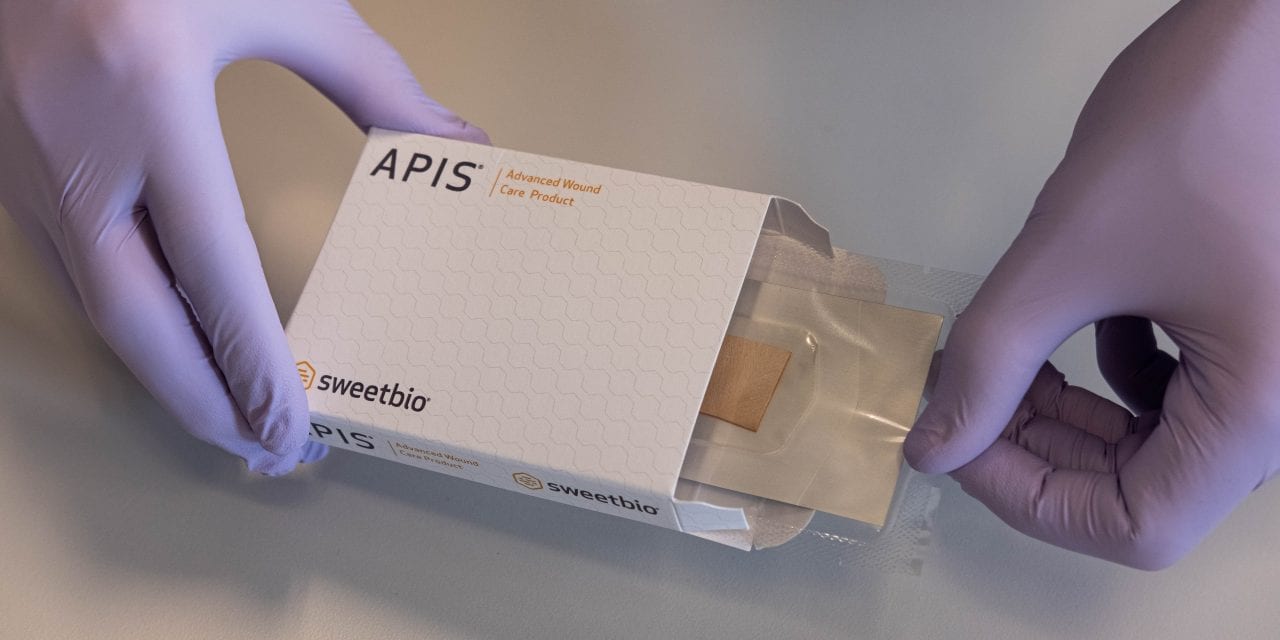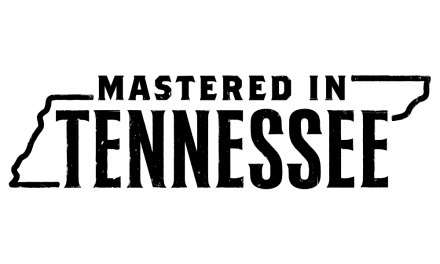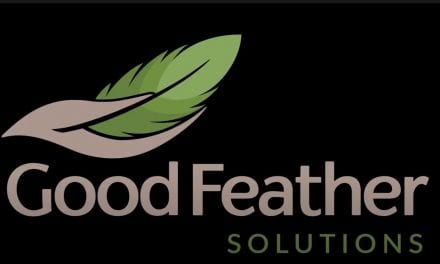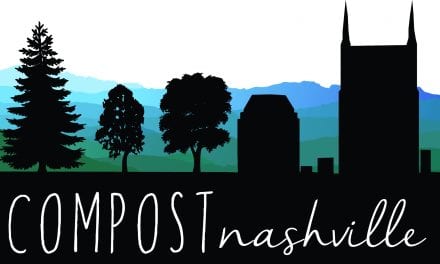SweetBio is a Memphis-based bioengineering startup company transforming advanced wound care in the medical industry. Using the medicinal properties of Manuka honey, their APIS wound product—derived from Apis mellifera, Latin for “bee, honey-bearing”—covers and protects the wound, and has been shown recently in benchtop studies to reduce bacteria, reduce inflammation, and increase growth factor release, all which help progress wounds towards healing.
The science behind the use of honey for medicinal use dates back to the ancient Egyptians. In the late 19th century, researchers discovered the natural antibacterial, anti-inflammatory qualities, and honey’s ability to repair damaged tissue. Manuka honey has become the honey of choice for healing because of its healing and antioxidant properties. However, it is only available naturally in Australia and New Zealand, due to its creation from the nectar of the native Manuka bush. Because of this, it generally carries a higher price tag.
“Manuka honey is known to help with wound healing. Its microbial properties reduce bacteria, infection, inflammation and it triggers growth factors that stimulate healing,” says Isaac Rodriguez, Ph. D. Isaac is the co-inventor and co-founder of SweetBio.
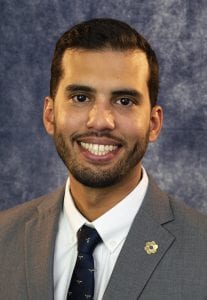
Isaac’s product was born out of his postdoctoral studies while at the University of Memphis. The APIS product’s origins are rooted in the period when Isaac was working under his professor Dr. Gary Bowlin. His initial research was around developing a dental product that could be used to help with tissue regeneration, while filling the gap from a tooth extraction.
Isaac recalls, “The initial goal was to find a way to close up the gap using this membrane with a dentist who was searching for a better product than was available at the time. It serves an important role to prevent the gums from growing into the socket during the healing process. I was studying the healing properties that Manuka honey had with respect to growth factor release and reducing inflammation and infection. We wanted to figure out how to use the tissue healing ingredient properties into a solid sheet that could be placed or implanted in or over the wound for faster healing.”
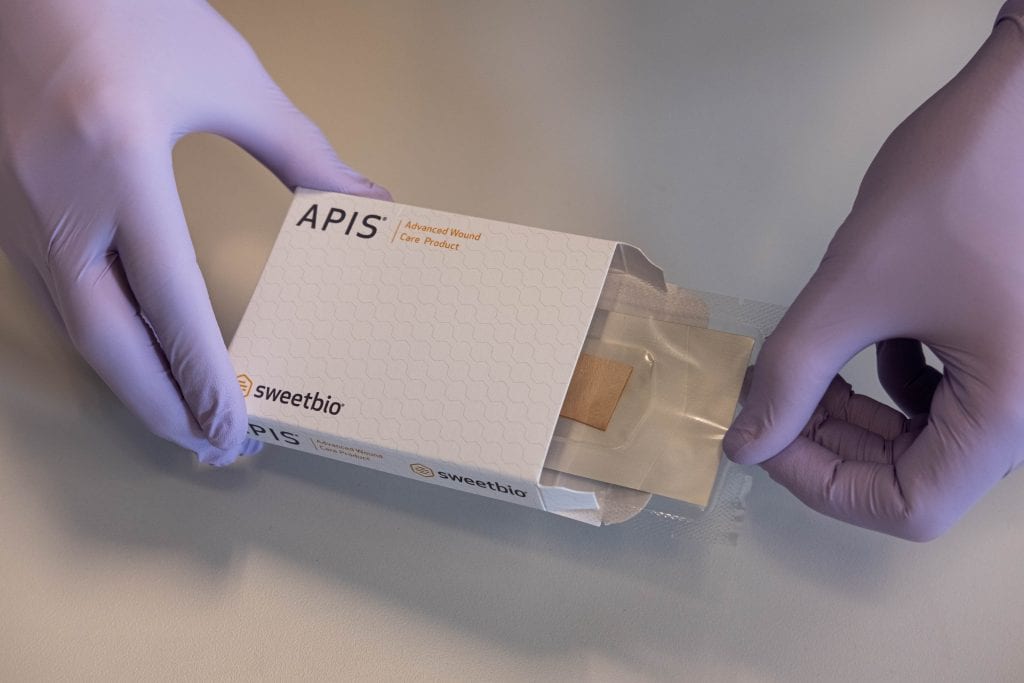
The APIS product uses 100 percent Manuka honey from confidential suppliers as one of their raw materials. Manuka honey, along with gelatin (a collagen derivative) and hydroxyapatite are uniquely synthesized at a molecular level to create the APIS sheets that can be applied to a wound. The healing power in Manuka honey is derived from multiple chemical compounds, including methylglyoxal (MGO) and Bee Defensin-1, which acts as a natural antibiotic for healing.
“The interesting part about our product,” Isaac explains, “is that we don’t need an enormous supply of the honey, because we combine the filtered honey with other materials to synthesize our material. We use quality honey for the healing properties, but we don’t need a large supply to make our product.”
Isaac and his sister, Kayla Rodriguez Graff, started Sweetbio in May of 2015. Then, the siblings spent their first few years building up the scientific credibility of the product he developed as a postdoctoral fellow.
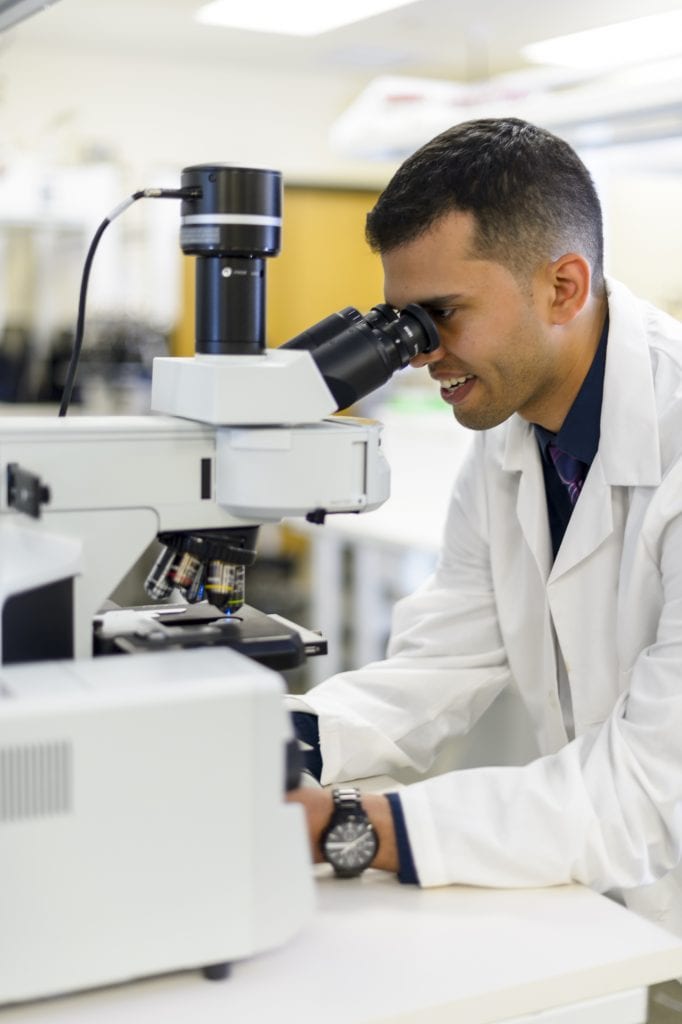
“It wasn’t until 2015 that I felt this product could be a business,” Isaac recalls, “so I called my sister, who earned her MBA and had corporate experience. After deciding the scalability of the product, we researched accelerator programs in San Francisco and Memphis before choosing ZeroTo510 in Memphis due to their medical device expertise. That gave us our initial funding to prove if we had something viable that our market would be excited about. Since then, we have raised around $5 million from private investors, venture capital, and the State of Tennessee to help grow our business.”
In 2017, Isaac and Kayla hired their first employee, Axel Strombergsson to handle the product operations as COO. His experience and understanding of the quality and regulatory and tech transfer work was key for their growth. They knew he would be able to get them through the FDA approval process with his background. He started as a consultant, but as his interest grew in their product, so did their relationship—leading to the perfect choice for the position.
“That first hire was key because he helped… to get us through the 510(k) clearance process with the FDA as a wound medical device cleared product,” Isaac explains. “Gaining FDA clearance in May 2019 allowed us to begin marketing our product, which created the opportunity to hire talent [and] help commercialize it. We then hired Martin Klazmer as our VP of Commercialization. Martin has 10 plus years of medical device marketing and sales experience, which has been critical to our ability to take the next step with APIS.”
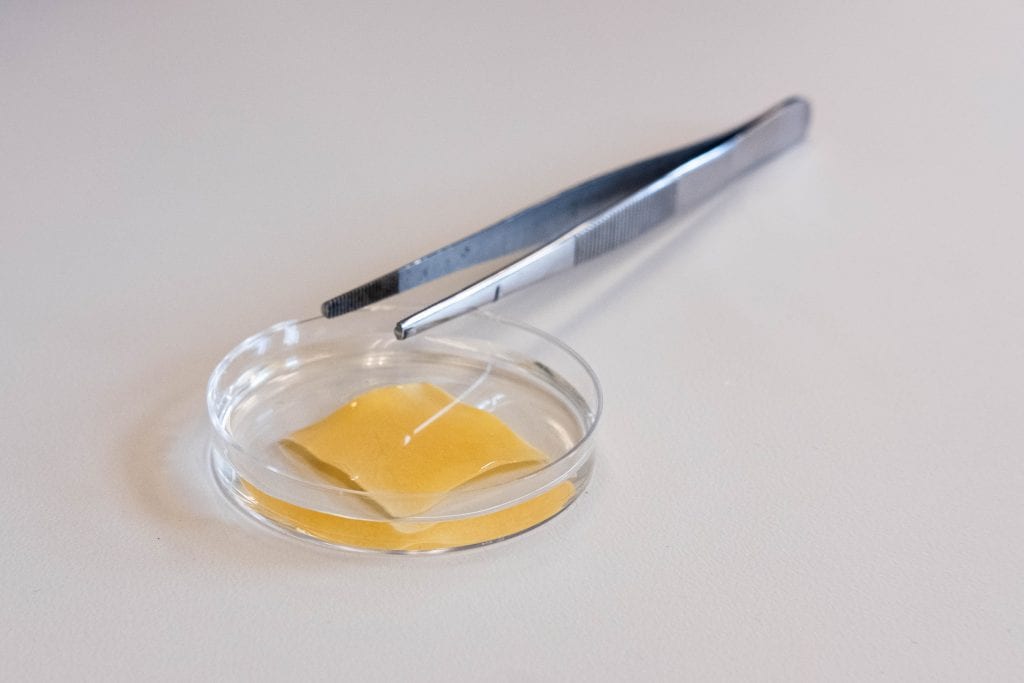
Once they were cleared by the FDA and were ready to sell their product, they had to determine the best fit for sales in the wound market. They shifted away from the dental market to the wound market because it offered more growth opportunities. Generally, the applicable wound market is broken down into two sectors: dressings and skin substitutes.
“We are unique,” Isaac notes. “We are cleared by the FDA for clinical use in multiple wounds including full and partial thickness wounds, surgical wounds, surface wounds, diabetic ulcers, abrasions, and more. Our clinical studies include use with diabetic foot ulcers and in Mohs micrographic surgery, a skin cancer removal procedure. We are focusing on commercialization efforts in the operating rooms and U.S. Department of Veterans Affairs (VA) hospitals, specifically foot and ankle, and lower extremity wounds.”
APIS has the potential to grow exponentially due to the unique properties it offers. These features are available in no other market for wound healing. Yet, it is a comparable option to other higher-tier products. Per Isaac, APIS has the most traction with doctor and hospital use right now in the Midwest and in Tennessee. The product is new to the West Coast, East Coast, and the South, but it is growing in those markets. COVID-19 shifted SweetBio’s commercialization strategy with a larger audience because the medical trade shows are not taking place and most elective surgeries have been postponed.
You’re Not in Silicon Valley from Epicenter Memphis on Vimeo.
Isaac explains, “We have been able to gain accessibility within the Veterans Affairs Department by being listed on the Federal Supply Schedule. So if someone in the VA wants to use our product, we have the opportunity to provide it.”
Some of the biggest hurdles SweetBio has faced outside of fundraising have been patents and FDA clearance. With four total employees, including himself, he feels he has a good team to overcome any potential future stumbling blocks to continue to grow the company.
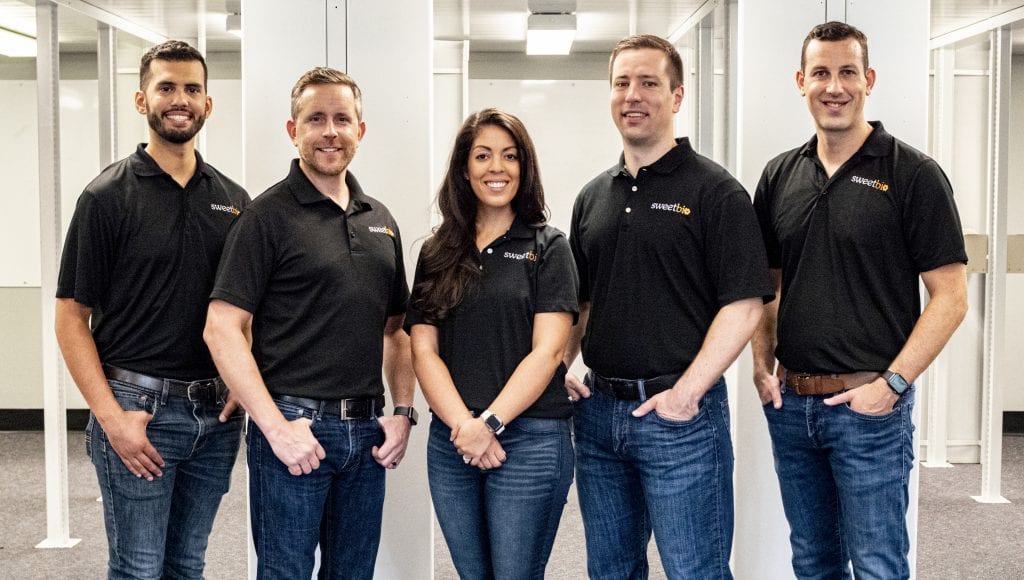
This bioengineering startup will be one to watch in the future. Their new unique use of Manuka honey for wound care is revolutionary. The publicity they have received has led to a few new patient requests for use of their product as a wound-healing option.
“Historically I believe we are creating a new category for wound care,” Isaac states. “Typically, there is the one to ten dollar product such as gauze or collagen or the thousand dollars or more human tissue product. Our product offers an opportunity to sit in the middle while providing top tier performance.”
For further information about SweetBio, be sure to visit their website and social media.

